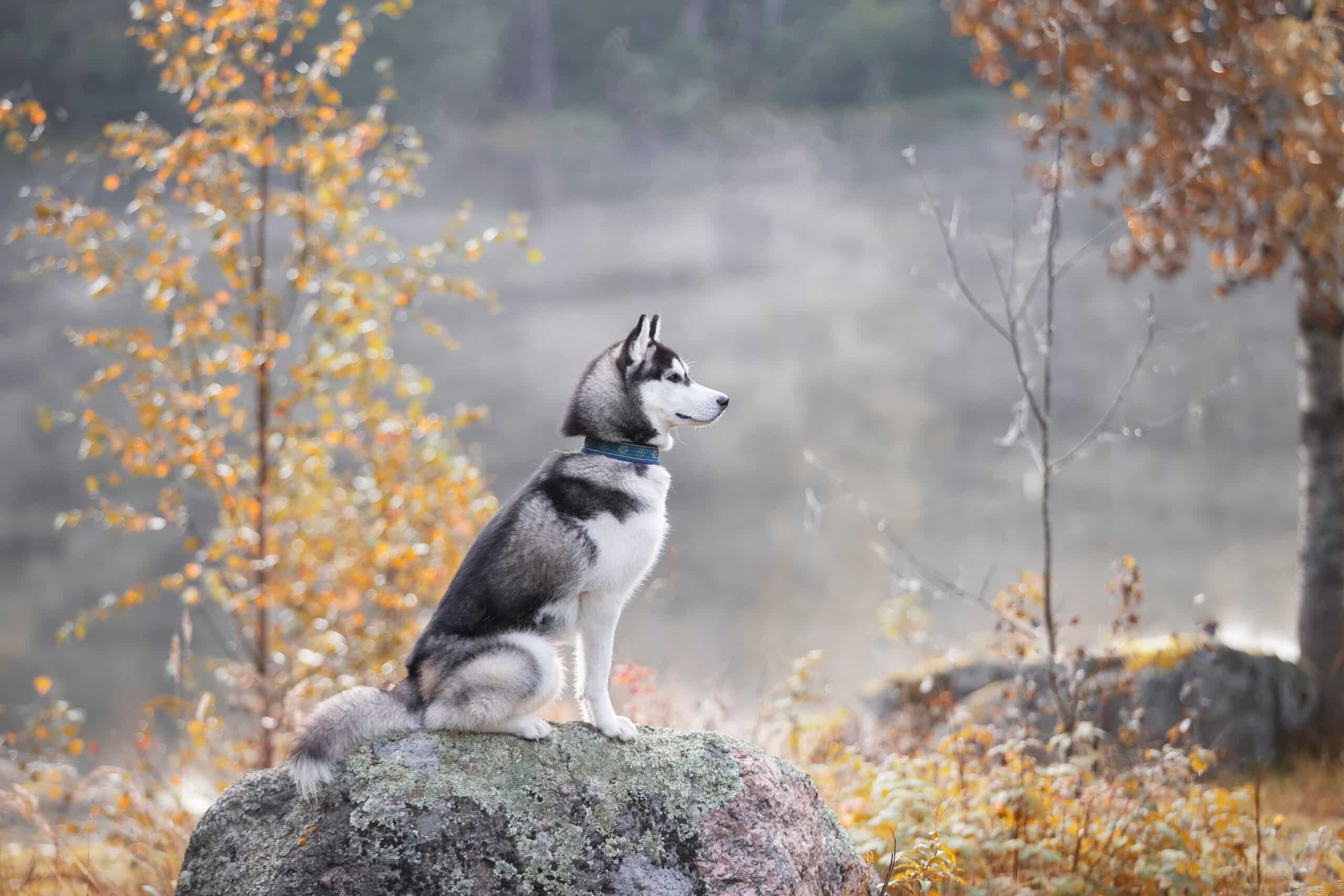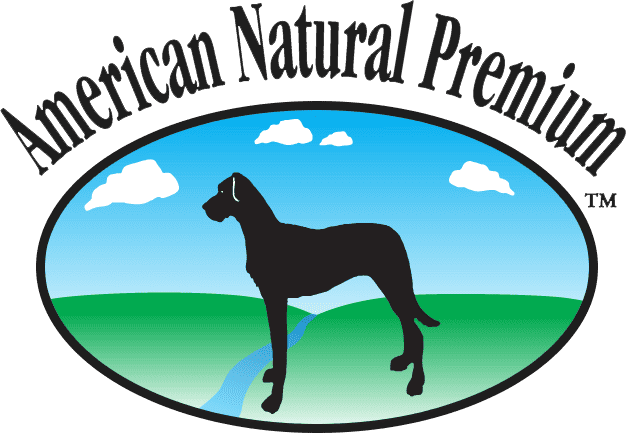Siberian Husky Food Allergies

Siberian Husky Food Allergies: Managing Sensitivities in Northern Breeds
Siberian Huskies, with their striking appearance and energetic personalities, are beloved companions known for their endurance and resilience. However, despite their hardy origins in harsh Arctic conditions, these beautiful dogs can be surprisingly prone to food allergies and sensitivities. Understanding and managing food allergies in Siberian Huskies requires knowledge of the breed’s unique characteristics, common allergens, and effective dietary strategies to keep these active dogs healthy and comfortable.
Why Siberian Huskies Develop Food Allergies
Siberian Huskies have a genetic predisposition to various allergies, including both environmental and food sensitivities. While bred to survive on minimal rations in extreme cold, modern Huskies consuming commercial dog foods may develop reactions to ingredients their ancestors never encountered. The breed’s sensitive skin, visible through their relatively thin coat despite its double-layer appearance, makes allergic reactions particularly noticeable and uncomfortable.
Food allergies in Huskies typically develop through repeated exposure to specific proteins over time. Like other breeds, Huskies most commonly develop allergies to proteins found in chicken, beef, dairy, and wheat – ingredients prevalent in many commercial dog foods. However, Huskies may also develop sensitivities to other ingredients including fish, soy, and certain grains.
The breed’s high metabolism and energy requirements mean dietary changes can significantly impact their health and performance, making proper allergy management particularly important for maintaining their characteristic vitality and endurance.
Common Food Allergy Symptoms in Siberian Huskies
Food allergies in Siberian Huskies manifest through various symptoms that can significantly impact their quality of life:
Skin and Coat Issues: Despite their thick double coat, Huskies with food allergies often show obvious skin problems. Persistent itching, particularly around the paws, face, belly, and ears, is extremely common. The scratching and licking can lead to hot spots, hair loss, and secondary skin infections. Some Huskies develop a condition called “zinc-responsive dermatosis,” which can be worsened by food allergies affecting nutrient absorption.
Ear Infections: Chronic ear infections are telltale signs of food allergies in Huskies. Their erect, triangular ears can develop redness, discharge, and inflammation that recurs despite treatment. Affected dogs frequently shake their heads or scratch at their ears.
Digestive Problems: Gastrointestinal symptoms including chronic diarrhea, vomiting, excessive gas, or irregular bowel movements often accompany food allergies. Huskies may also show decreased appetite or become picky eaters when foods cause discomfort.
Eye Issues: Some allergic Huskies develop watery eyes, redness, or discharge that mimics conjunctivitis but stems from food sensitivities.
Paw Problems: Excessive paw licking and chewing is particularly common in allergic Huskies, often leading to stained fur (from saliva) and raw, inflamed paw pads.
Behavioral Changes: The constant discomfort from allergies can make normally active, friendly Huskies become irritable, restless, or less interested in activities they typically enjoy.
Diagnosing Food Allergies in Huskies
Proper diagnosis requires systematic evaluation to differentiate food allergies from environmental allergies, which are also common in this breed:
Elimination Diet Trial: The gold standard involves feeding a strict diet with novel proteins (proteins the dog hasn’t eaten before) for 8-12 weeks. During this period, absolutely no other foods, treats, or flavored items can be given. If symptoms improve, suspected allergens are reintroduced one at a time to confirm triggers.
Veterinary Evaluation: Working with a veterinarian experienced with Huskies or northern breeds can be beneficial, as they understand breed-specific considerations and can rule out other conditions like zinc deficiency or hypothyroidism that may mimic or compound food allergies.
Seasonal Pattern Assessment: If symptoms worsen seasonally, environmental allergies may be primary or contributing factors alongside food sensitivities.
Managing Food Allergies in Siberian Huskies
Once food allergies are identified, management focuses on strict avoidance and finding appropriate alternative proteins:
Novel Protein Sources: Transitioning to proteins the Husky hasn’t previously consumed provides relief for many dogs. American Natural Premium’s Lamb Meal & Rice Recipe offers an excellent alternative for Huskies with chicken or beef sensitivities, providing high-quality protein that supports their active lifestyle.
Fish-Based Diets: Many Huskies do exceptionally well on fish-based diets, which historically aligns with their Arctic heritage where fish was sometimes available. American Natural Premium’s Fish Recipe with Zucchini & Carrots provides easily digestible fish proteins with beneficial omega-3 fatty acids that support skin health and reduce inflammation.
Duck as an Alternative: For Huskies requiring truly novel proteins, American Natural Premium’s Duck Recipe with Butternut Squash offers a unique protein source that many allergic Huskies tolerate well.
Limited Ingredient Formulas: Simplified diets reduce the chance of multiple allergic reactions. American Natural Premium’s Sensitive Care provides carefully selected proteins with probiotics supporting digestive and immune health.
Special Nutritional Considerations for Huskies
High Metabolism Support: Huskies have higher metabolic rates than many breeds, requiring nutrient-dense foods that provide adequate energy without excessive volume.
Zinc Requirements: Some Huskies have increased zinc requirements, and food allergies can interfere with zinc absorption. Ensuring adequate zinc in hypoallergenic diets is important.
Omega Fatty Acids: The breed’s predisposition to skin issues makes omega-3 fatty acids particularly beneficial for managing inflammation and supporting coat health.
Hydration: Huskies can be finicky about water intake. Foods with moisture or adding water to kibble can help maintain hydration, particularly important when managing allergies.
Beyond Diet: Supporting Your Allergic Husky
Regular Grooming: Despite their self-cleaning coats, allergic Huskies benefit from regular bathing with hypoallergenic shampoos to remove allergens and soothe irritated skin.
Environmental Controls: Since Huskies often have both food and environmental allergies, minimizing exposure to dust, pollen, and other environmental triggers helps reduce overall allergic burden.
Exercise Consistency: Maintaining their high exercise needs is crucial for overall health and stress reduction, which can help modulate immune responses.
Temperature Management: Huskies are sensitive to heat, and overheating can exacerbate skin problems. Proper cooling during warm weather supports overall comfort.
Conclusion
While Siberian Huskies may be prone to food allergies, these sensitivities are manageable with proper diagnosis and dietary adjustments. By identifying trigger ingredients, transitioning to appropriate alternative proteins, and supporting overall health through proper nutrition and care, allergic Huskies can thrive. Working closely with veterinarians and committing to high-quality, allergen-free nutrition ensures these beautiful, energetic dogs can live comfortable, healthy lives despite their food sensitivities.

